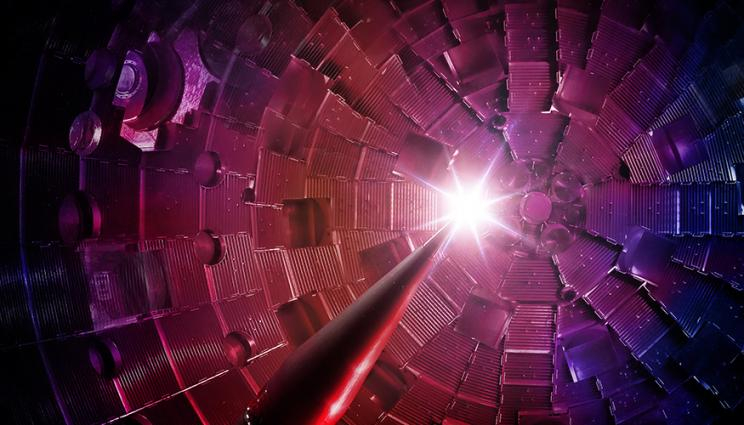Ammonia could become a real fuel alternative to hydrogen
The nitrogen-hydrogen mixture ammonia could be a real fuel alternative to classic hydrogen. And at a lower price.
In order for us to achieve our climate goals in Germany by 2045, we have to rethink many areas. There are already green alternatives to fossil fuels in many places. Often, however, it still fails because of the procurement of these. An example is hydrogen, which is seen as a great beacon of hope for the shipping and steel industries.
Batteries are rarely profitable, especially on a large scale. But how can we access sufficient amounts of hydrogen in the foreseeable future? Ammonia could be a profitable and readily available solution here. Big corporations see it too such as RWE, Mitsubishi and the Korean chemical group Lotte so.
Ammonia offers significantly higher energy density than hydrogen
The three companies are building a gigantic ammonia production plant in the US state of Texas. From 2030, this could produce around ten million tons of the nitrogen-hydrogen mixture every year.
What is special about ammonia: It is relatively easy to transport, is already traded on the world market and can be easily broken down into hydrogen and nitrogen at the destination.
In addition, the mixture has a significantly higher energy density than hydrogen. Consequently, a transport to Germany with the same volume can deliver more energy.
In direct comparison, blue ammonia is about $2.30 cheaper per kilogram than blue hydrogen. Green ammonia costs about $1.40 less than green hydrogen.
Ammonia could advance climate goals in the short term
While companies only produce green ammonia from sustainable energy sources, blue ammonia captures emissions and stores them underground. A switch to the connection could therefore serve as a good supplement until the corresponding hydrogen capacities are built up in the Federal Republic.
However, it is still unclear whether this will ultimately happen. One of the largest chemical companies, BASF, recently announced a large plant for the production of ammonia to be completely decommissioned. And that just after a few years of production. So it remains exciting to see which strategy Germany is pursuing on the way to climate neutrality.
Also interesting:


